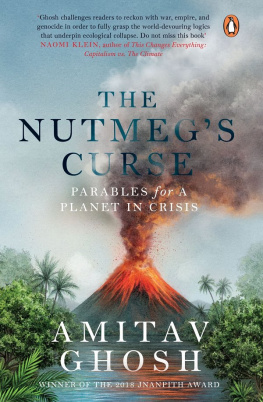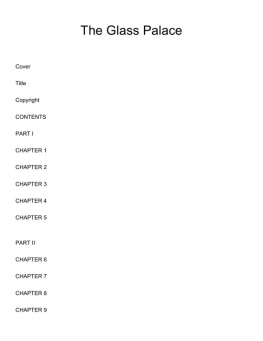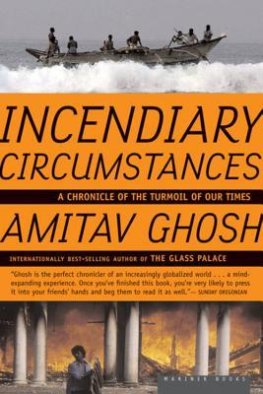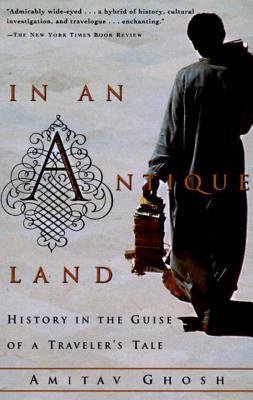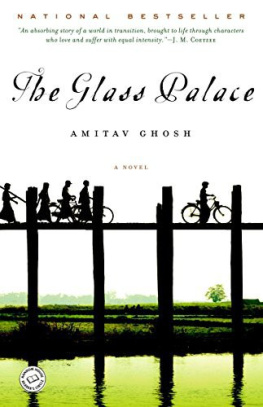W ho can forget those moments when something that seems inanimate turns out to be vitally, even dangerously alive? As, for example, when an arabesque in the pattern of a carpet is revealed to be a dogs tail, which, if stepped upon, could lead to a nipped ankle? Or when we reach for an innocent-looking vine and find it to be a worm or a snake? When a harmlessly drifting log turns out to be a crocodile?
To recall that memorable scene now, more than thirty-five years after the making of the film, is to recognize its impossibility. For if ever there were a Han Solo, in the near or distant future, his assumptions about interplanetary objects are certain to be very different from those that prevailed in California at the time when the film was made. The humans of the future will surely understand, knowing what they presumably will know about the history of their forebears on earth, that only in one, very brief era, lasting less than three centuries, did a significant number of their kind believe that planets and asteroids are inert.
2
M y ancestors were ecological refugees long before the term was invented.
They were from what is now Bangladesh, and their village was on the shore of the Padma River, one of the mightiest waterways in the land. The story, as my father told it, was this: one day in the mid-1850s the great river suddenly changed course, drowning the village; only a few of the inhabitants managed to escape to higher ground. It was this catastrophe that had unmoored our forebears; in its wake they began to move westward and did not stop until the year 1856, when they settled once again on the banks of a river, the Ganges, in Bihar.
I first heard this story on a nostalgic family trip, as we were journeying down the Padma River in a steamboat. I was a child then, and as I looked into those swirling waters I imagined a great storm, with coconut palms bending over backward until their fronds lashed the ground; I envisioned women and children racing through howling winds as the waters rose behind them. I thought of my ancestors sitting huddled on an outcrop, looking on as their dwellings were washed away.
To this day, when I think of the circumstances that have shaped my life, I remember the elemental force that untethered my ancestors from their homeland and launched them on the series of journeys that preceded, and made possible, my own travels. When I look into my past the river seems to meet my eyes, staring back, as if to ask, Do you recognize me, wherever you are?
Recognition is famously a passage from . To recognize, then, is not the same as an initial introduction. Nor does recognition require an exchange of words: more often than not we recognize mutely. And to recognize is by no means to understand that which meets the eye; comprehension need play no part in a moment of recognition.
The most important element of the word recognition thus lies in its first syllable, which harks back to something prior, an already existing awareness that makes possible the passage from ignorance to knowledge: a moment of recognition occurs when a prior awareness flashes before us, effecting an instant change in our understanding of that which is beheld. Yet this flash cannot appear spontaneously; it cannot disclose itself except in the presence of its lost other. The knowledge that results from recognition, then, is not of the same kind as the discovery of something new: it arises rather from a renewed reckoning with a potentiality that .
This, I imagine, was what my forebears experienced on that day when the river rose up to claim their village: they awoke to the recognition of a presence that had moulded their lives to the point where they had come to take it as much for granted as the air they breathed. But, of course, air too can come to life with sudden and deadly violenceas it did in the Congo in 1988, when a great cloud of carbon dioxide burst forth from Lake Nyos and rolled into the surrounding villages, killing 1700 people and an untold number of animals. But more often it does so with a quiet insistenceas the inhabitants of New Delhi and Beijing know all too wellwhen inflamed lungs and sinuses prove once again that there is no difference between the without and the within; between using and being used. These too are moments of recognition, in which it dawns on us that the energy that surrounds us, flowing under our feet and through wires in our walls, animating our vehicles and illuminating our rooms, is an all-encompassing presence that may have its own purposes about which we know nothing.
It was in this way that I too became aware of the urgent proximity of non-human presences, through instances of recognition that were forced upon me by my surroundings. I happened then to be writing about the Sundarbans, the great mangrove forest of the Bengal Delta, where the flow of water and silt is such that geological processes that usually unfold in deep time appear to occur at a speed where they can be followed from week to week and month to month. Overnight, a stretch of riverbank will disappear, sometimes taking houses and people with it; but elsewhere a shallow mudbank will arise and within weeks the shore will have broadened by several feet. For the most part, these processes are, of course, cyclical. But even back then, in the first years of the twenty-first century, portents of accumulative and irreversible change could also be seen, in receding shorelines and a steady intrusion of salt water on lands that had previously been cultivated.
This is a landscape so dynamic that its very changeability leads to innumerable moments of recognition. I captured some of these in my notes from that time, as, for example, in these lines, written in May 2002: I do believe it to be true that the land here is demonstrably alive; that it does not exist solely, or even incidentally, as a stage for the enactment of human history; that it is [itself] a protagonist. Elsewhere, in another note, I wrote, Here even a child will begin a story about his grandmother with the words: in those days the river wasnt here and the village was not where it is...
Yet, I would not be able to speak of these encounters as instances of recognition if some prior awareness of what I was witnessing had not already been implanted in me, perhaps by childhood experiences, like that of going to look for my familys ancestral village; or by memories, like that of a cyclone in Dhaka, when a small fishpond behind our walls suddenly turned into a lake and came rushing into our house; or by my grandmothers stories of growing up beside a mighty river; or simply by the insistence with which the landscape of Bengal forces itself on the artists, writers and filmmakers of the region.


